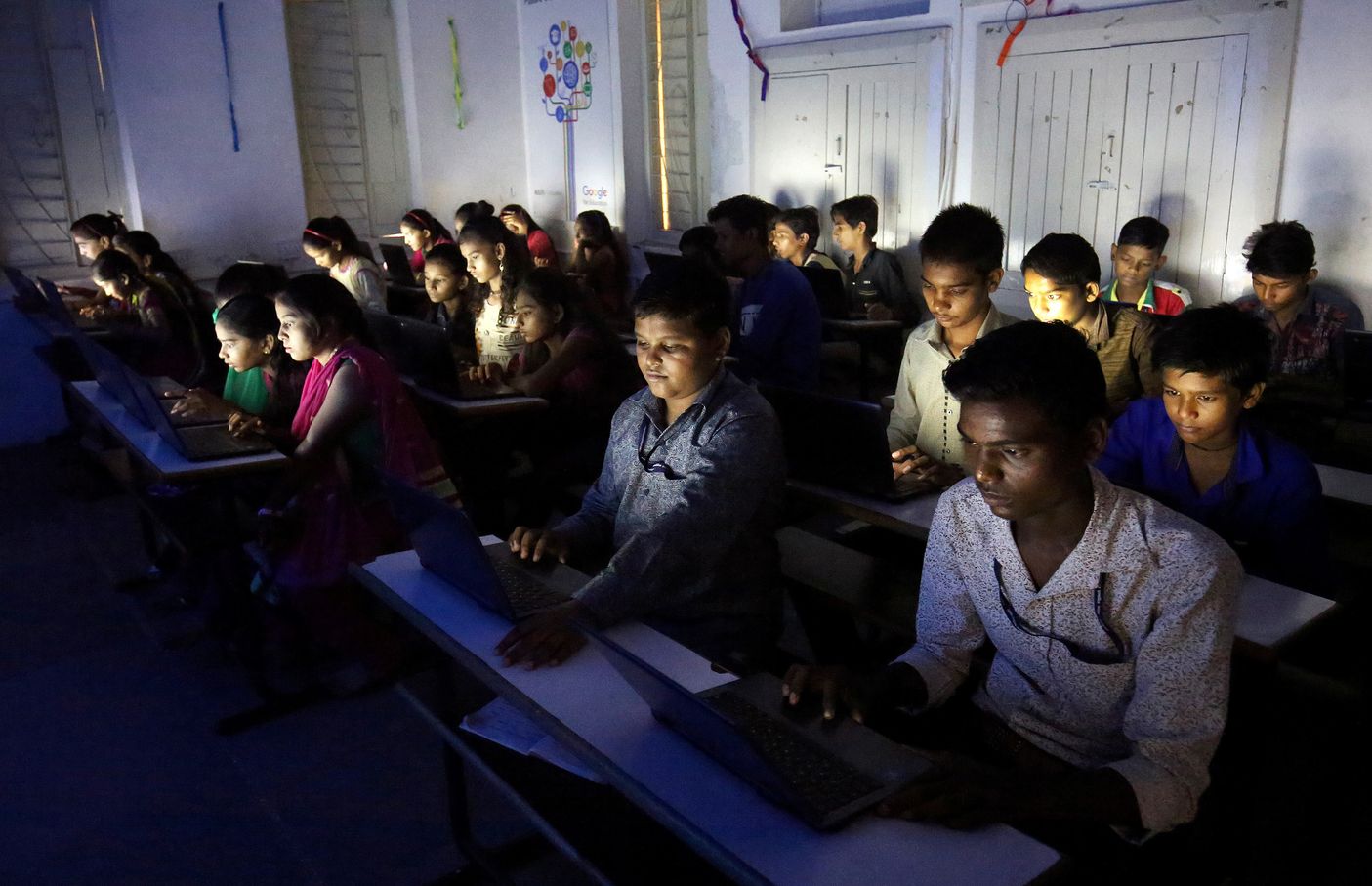For the past week, one student from Wardha district in Maharashtra has been writing emails to the administration at Azim Premji University (APU) to ask them to let her appear for the entrance exam from home.
On June 25, one day before the exam, the administration picked up her call only to tell her that she would have to come to the centre located in Raipur – around 300 km away.
She didn’t appear for the exam.
On the day of the exam, she received an automated email on safety instructions and protocols to be followed at the examination centre.
Initially, the exam was going to be conducted at various centres across the country. As COVID-19 cases increased, the university decided to let students take the test from home. However, not all students appearing for the APU entrance exam were notified.
“We were told to appear for the exam at the centre, and we didn’t get any email about the online test from home. Since we live far away from the centre, we started writing emails to the university requesting them to let us take the online test and after several requests, they agreed,” said another aspirant from Wardha district.
However, the phone calls of the student who had to forgo the exam went unanswered for the entire week. “All three of my friends got the reply, why didn’t I? I didn’t get train reservation and no buses or any public transport is available. It was not possible to reach the centre on time ,” she said.
Also read: ‘Unjust and Unfair’: DU Students Reject Online Semester Exams
All the while, she was in touch with her mentor, Anoop Kumar, who trains students from underprivileged background for higher education.
“All the students are not from Raipur (exam centre) and some are even from remote areas and different states altogether. How are they supposed to travel to the centre when there are so many restrictions? No public transport is available at the moment even to go to Nagpur, which is around 70 km from Wardha. We could have arranged a private vehicle, but they were charging around Rs 10,000 for the same and you need a license and proper permission before starting out,” he said.
Hurdles during mock test
Kumar said that even the students in Wardha who were allowed to take the test from home faced a lot of difficulty while taking a mock test the day before.
“You need a proper internet connection and resources to be able to take the online test, and that isn’t available to many. Apart from the multiple choice questions, the exam includes a 700-word essay question and a lot of the students can’t type fast from their laptops and phones,” he said.
When LiveWire contacted a student who appeared for the mock test, he confirmed that he took a lot of time typing his essay. His internet connection, he said, also kept fluctuating throughout.
“When I got the login details the day before my mock test, I got very confused. When somehow I managed to login, the internet became slow. While I was able to attempt all the questions on time, a lot of my friends spent half of the time typing the essay. They couldn’t attempt the other questions. I also took some time to type my essay,” he said.
A lot of his friends, he added, don’t even have a laptop and they had to write the test on their phones. While he had his sister’s laptop, he didn’t know a lot about the features.
According to Kumar, there are many students like him who do not have the technical know-how to handle laptops and take the tests at home. While it is essential to let the students take the test in the first place and not force them to come to the centre, he said, the online exam also isn’t a feasible option for many.
The technical requirements to be able to take the test from home affirms the same. According to the guidelines emailed to the students, they are supposed to have a system with the latest version of Mozilla Firefox and Chrome. The network response and bandwidth have also been specified, besides the operating system, processor and other “minimum requirements”.
Additionally, students have to ensure that they sit in a room with proper lighting and minimal noise, and that they clear the cache and turn off any ad or popup blocker before starting the test.
“Please do NOT start the test if your PC does not match above requirements,” say the guideline in bold letters.
Meanwhile, the student who couldn’t attempt the APU test, which was the last one for this session, waits for emails about other entrance tests.
LiveWire has written an email to the APU administration seeking their response on the matter. This copy shall be updated as and when they reply.
Featured image credit: Amit Dave/Reuters

